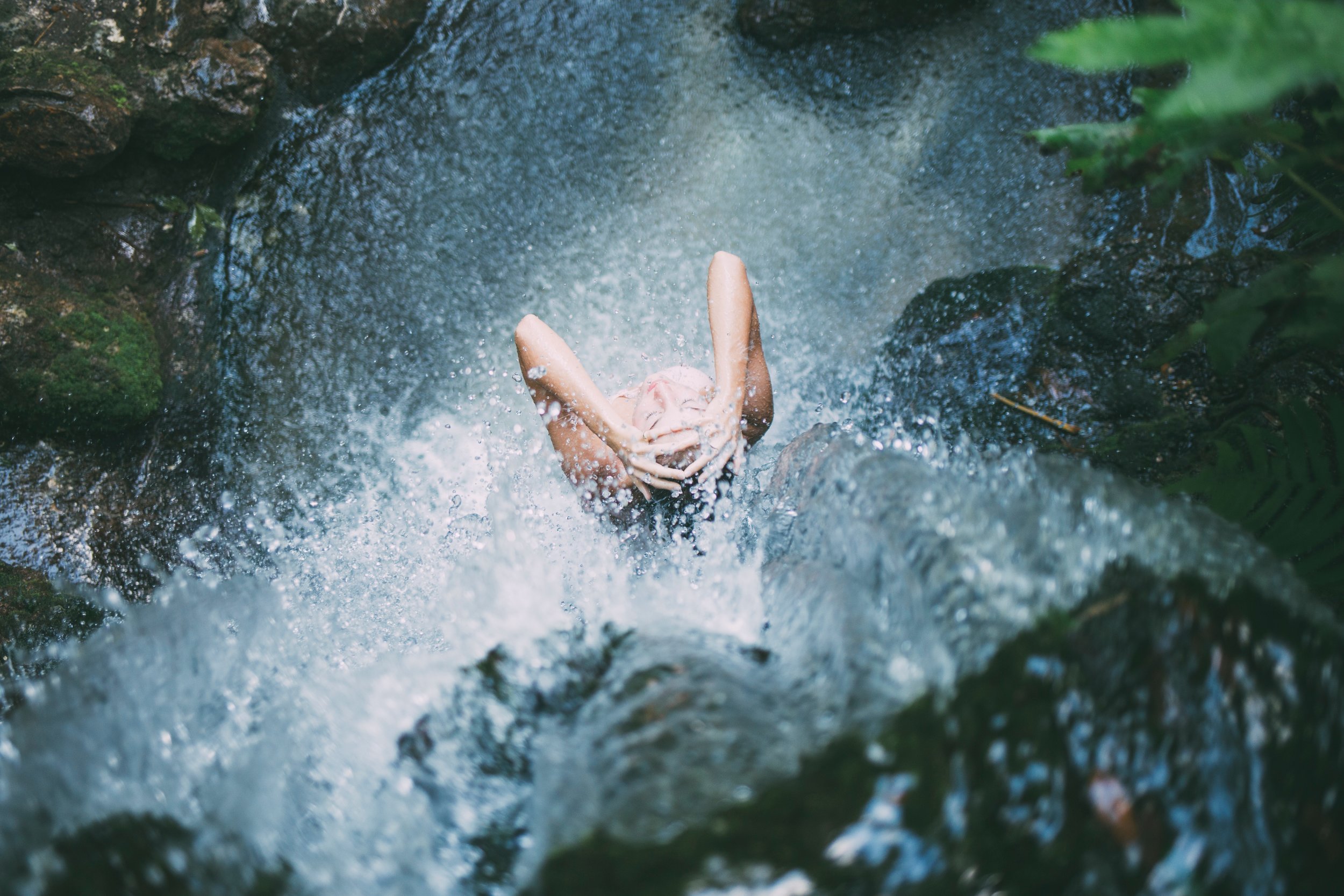Lifestyle Detox for a Green and Clean World
“Live clean. Be calm. Feel happy.”
– Shoukei Matsumoto, A Monk’s Guide to a Clean House and Mind
For an eco-conscious lifestyle, the most important contribution comes from daily life. Think about your daily routine: how much water do you use in the morning or evening when you brush your teeth, take a shower, or do the dishes? How much waste do you produce when cooking or buying snacks on your way from A to B? How much electricity are you using daily listening to music, working on your computer, lighting the house when it’s dark outside? Probably more than you realize. The good news is that when you look at your lifestyle critically, you can do some ‘cleansing’ to be more green and eco-friendly.
We can make a big difference with seemingly small choices every single day, minimizing the amount of water and electricity we use and the waste we produce.
These choices do not only positively affect the environment, but also your own happiness. Cleaning up your surroundings makes you feel clarity in your mind as well. And conversely, clarity in the mind helps you to make choices with awareness. This is where meditation and mindfulness come into the picture. How does meditation help you live a clean and conscious life?
First and foremost, meditation is a way to filter what is important in life. In meditation, you are observing what is happening in your mind. You may come across all your thoughts and desires, and be able to observe them from a distance. Do you need everything what your thoughts are telling you? In yoga philosophy, most thoughts are called vrttis, or illusions. They are not reality. Realising that your thoughts are merely creations of the mind, and that these creations are not reality, helps to let go of our attachments. You don’t really need everything that you think you need. What a relief!
Just realizing this may help you to make choices with more awareness. You may apply the observational mode that you learn in meditation to moments in daily life – and change your habits as a result of this mindful way of decision making. For example, when you are in the supermarket, stop and think for a moment when you notice yourself grabbing the products that you always buy. Is it a choice that you make with awareness, taking into account the consequences of consuming that product? Or is it part of your automatic routine, something that you are used to, and never really think about any more?
Don’t get me wrong, it can be very helpful to develop a routine. As Shoukei Matsumoto, a Japanese monk, describes; daily routines can actually contribute to a clean, calm and happy lifestyle. But they should be routines that originate from thoughtful considerations. So take a moment to reflect on the question: what routines in my life contribute to a sustainable life, and which ones are, to some degree, toxic or harmful?
For the routines that are already green and clean: keep up the good work! For the ones that may be harmful, here are some tips and tricks to change them effectively:
- Start with a clear and feasible goal. ‘Clear’ means you specify for yourself what you will do, for example, ‘I will use the shower for a maximum of 5 minutes’. ‘Feasible’ means you can actually apply it in daily life, within the time and sources available to you.
- Think about small steps – instead of jumping from 15 to 5 minutes, slowly reduce your time showering every week. With some sub-goals, it is much easier to change.
- Keep track of the progress! It’s really nice to see you are doing better over time.
- And if it’s hard to hold on to your good intentions, go back to why you were doing this. For a better world, and a clean, calm and happy life, right?
With these guidelines in mind, have fun detoxing your lifestyle!
Conscious Contributor: Lana Donse
As a yoga teacher and psychologist, Lana’s aim is to guide people through the process of finding harmony and freedom in their lives. She believes that yoga can help to broaden your mind, strengthen your body and deepen your experiences.
Lana started yoga in her teenage years, initially as a physical practice that she felt made her move with more awareness in her body. Gradually, she discovered that yoga also affected her on a mental level. She learned about yoga philosophy when she travelled in India and Nepal, which opened up a whole new world for her. Yoga has become a way of living in which she can find balance, love and freedom. She hopes to share the wisdom of yoga with the community in the classes she teaches and the blogs she writes.



